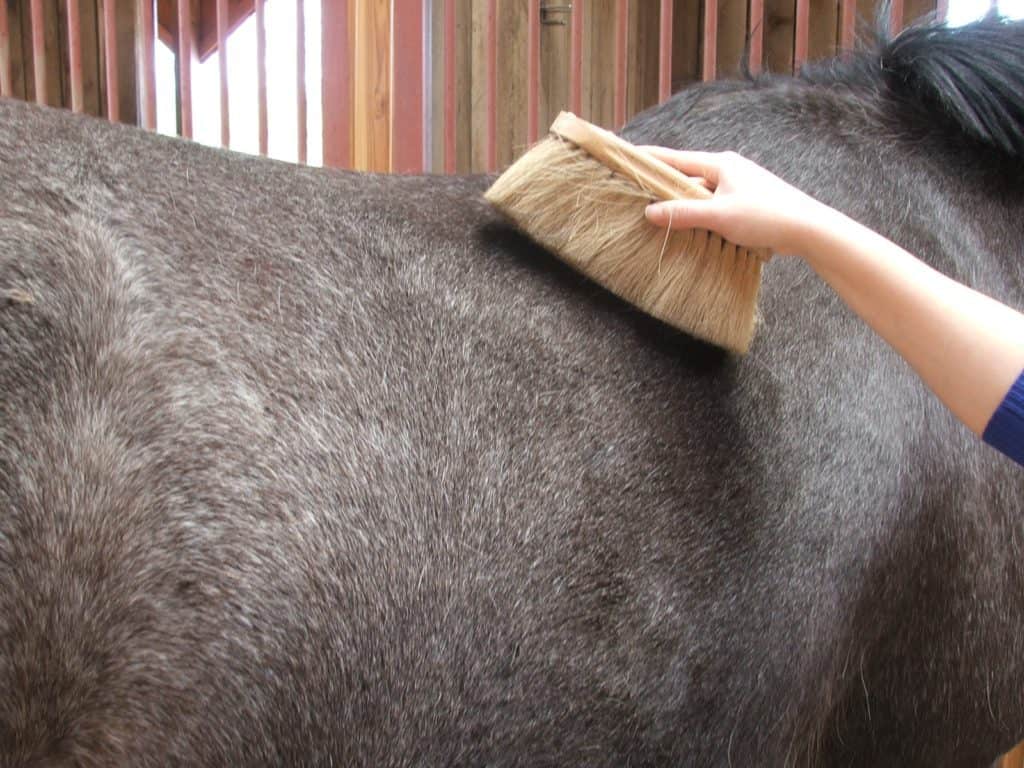
Management Changes for Older PPID Horses
Senior horses with PPID need careful monitoring and preventive care because of equine Cushing’s effects on immunity, exercise tolerance, thermoregulation, and wound healing.
Proper feeding practices for foals, adult horses, and older horses

Senior horses with PPID need careful monitoring and preventive care because of equine Cushing’s effects on immunity, exercise tolerance, thermoregulation, and wound healing.
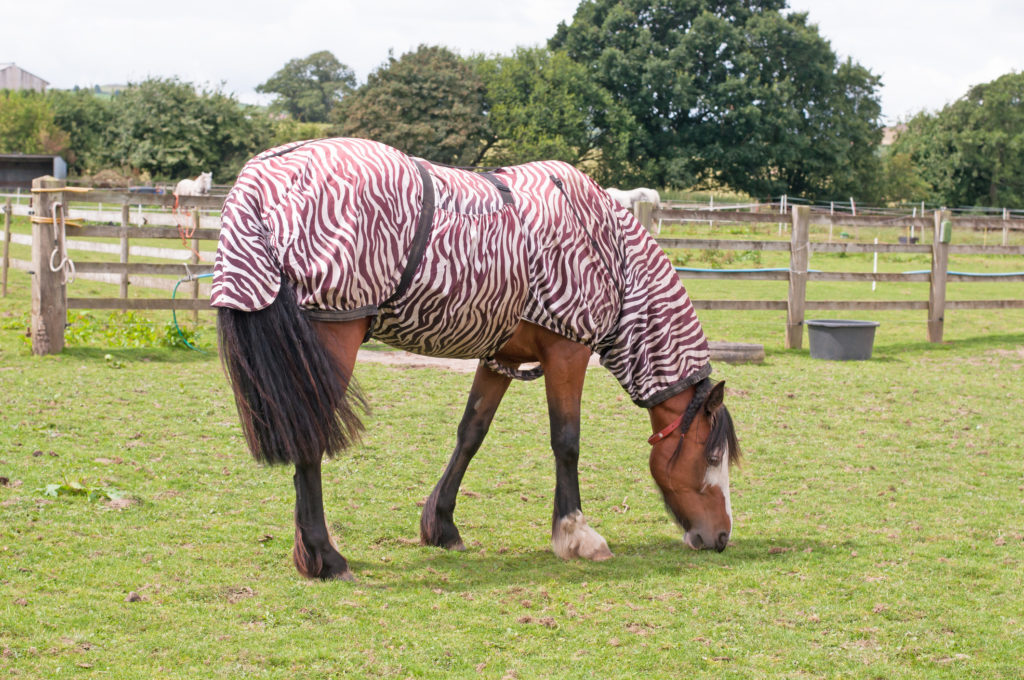
Help keep your horse healthy and get the most out of the coming months by increasing your understanding of—and watching for—five common health conditions seen during the summer.

Warm-season grasses, such as Bermuda and modified crabgrass, and early morning turnouts might be ideal for obese horses and those with metabolic issues.

We’ve compiled some of our best resources on these diets and what horses might benefit from them most. Sponsored by Hygain.

Younger age and lower body condition appear to protect horses against occasional spikes in nonstructural carbohydrate consumption.
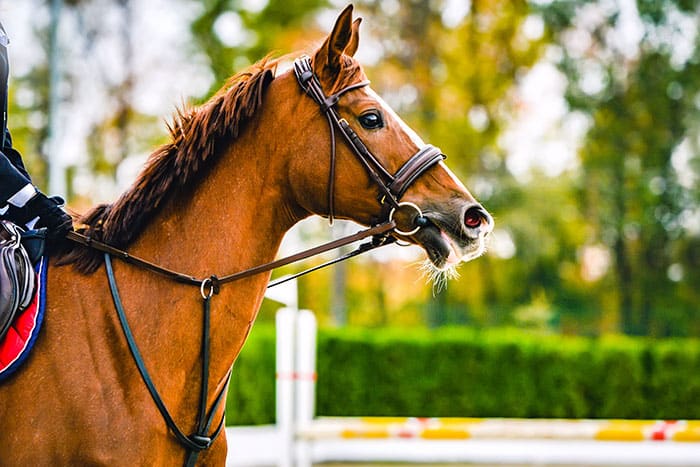
How diets high in starch can impact hindgut function and performance, potentially leading to problems with the ‘gut-brain axis.’
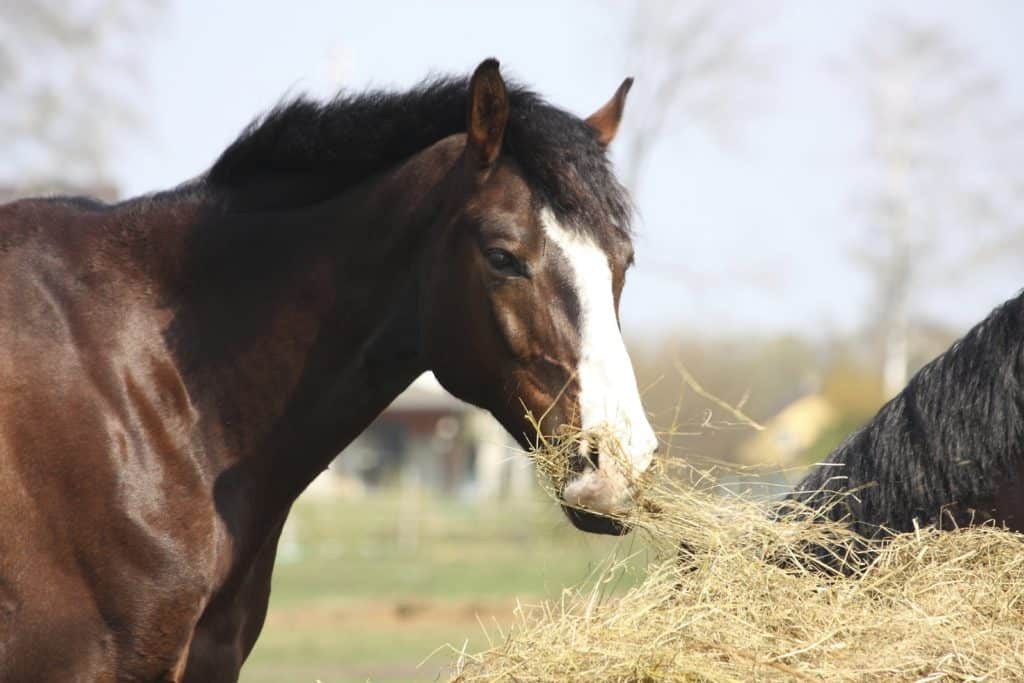
Consider these nutritional factors when formulating your horse’s diet to avoid GI issues such as equine squamous gastric disease.

While diet is not directly used to manage PPID, nutritional management goes a long way in helping support these horses.

A nutritionist offers ideas for getting a pre-Cushing’s horse to eat his supplements while maintaining his special diet.

Why do some horses wear muzzles, but others don’t? Does your horse need to wear a muzzle year-round? From proper fit to feeding, here’s what you need to know about these weight-loss contraptions.
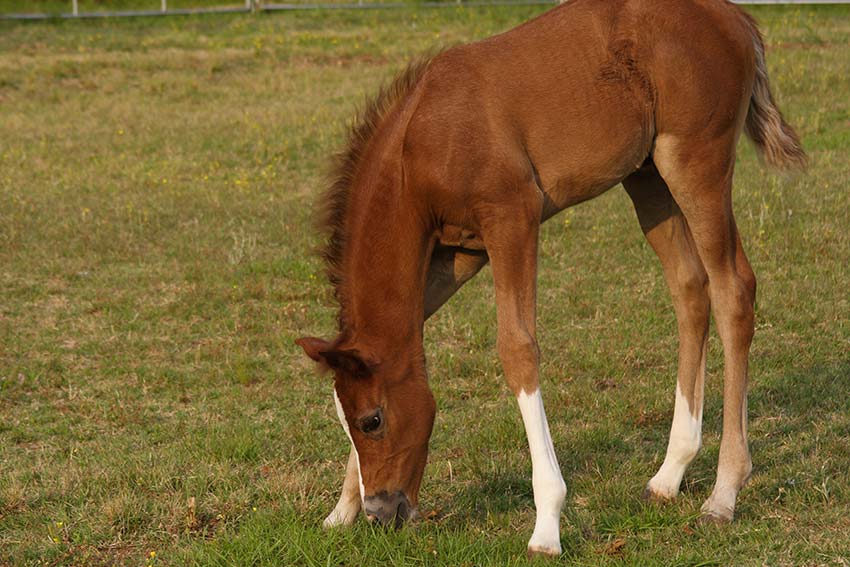
Learn about the delicate balance between two key minerals in horses’ diets.

An equine nutritionist breaks down how horses use dietary fat and provides current recommendations for feeding omega-3 and omega-6 fatty acids.

A listener wonders if horses benefit from a balanced omega-3 to omega-6 ratio. Dr. Clair Thunes responds.

Reduce sporadic episodes of exertional rhabdomyolysis by providing plenty of forage and meeting these unique equine athletes’ nutrient requirements.

A horse owner asks how omega-3s might help her hives-afflicted horse and if adding a fat supplement will unbalance his diet.

Experts share 8 tips to increase your thin horse’s weight and muscle mass.
Stay on top of the most recent Horse Health news with
Notifications